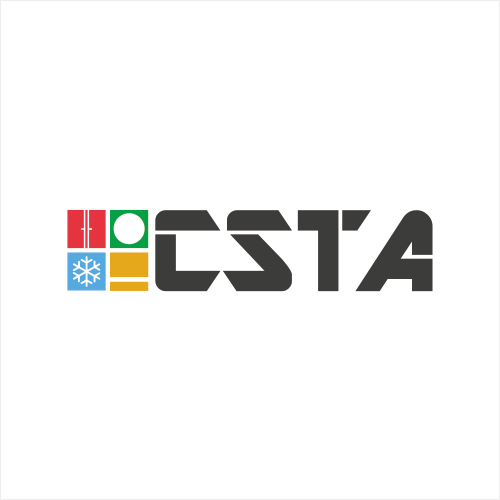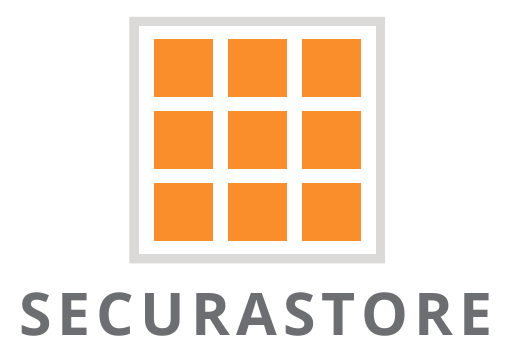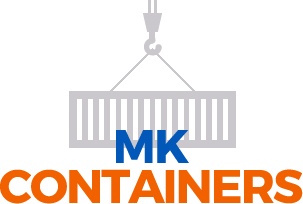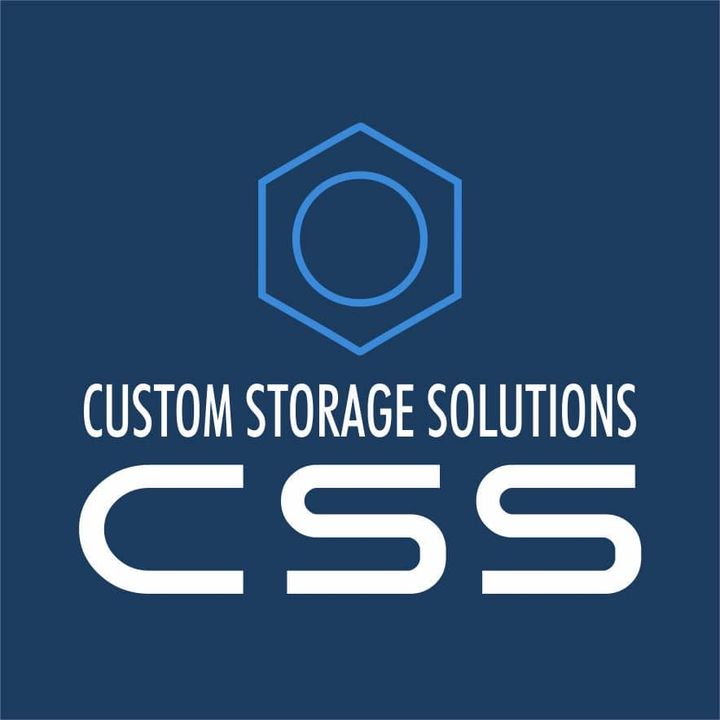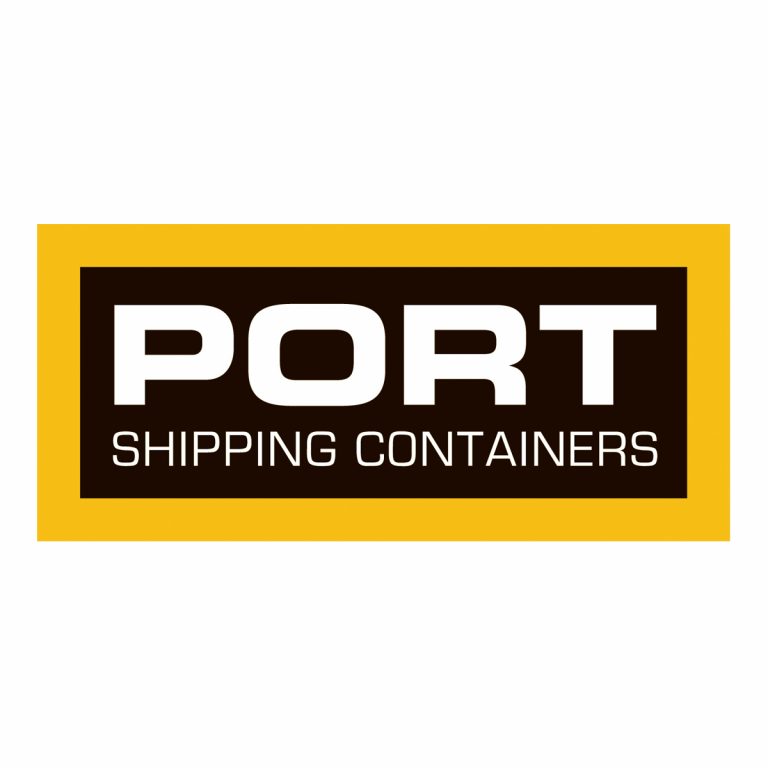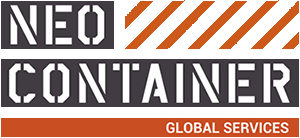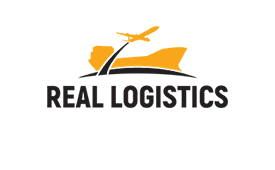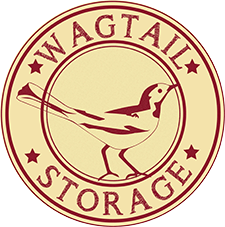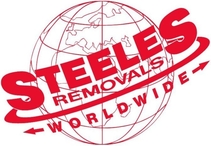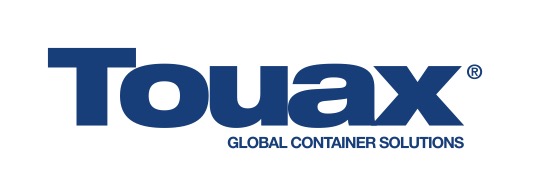Self-Storage Zone
The CSTA is committed to promoting Best-Practice, Professionalism and Standards at Container Self-Storage Facilities.

Industry Code of Practice
The CSTA is committed to promoting best-practice operations at Container Self-Storage Facilities. As part of this process, we have published the “CSTA Code of Practice and Guidance for Operators of Container Self-Storage Facilities”. This Code of Practice reflects the work that the CSTA is undertaking to raise standards in this sector of the Self-Storage industry – and to encourage the industry to operate according to professional criteria.
The Code has been developed for CSTA Accredited Members who provide a professional standard of container self-storage site facilities.
Stakeholders – such as local authorities, financial partners and insurance companies – may refer to the Code of Practice in their evaluation process.
To download the document, click here: CSTA CODE OF PRACTICE.
Sharing Best Practice
CSTA will provide a forum for Operators of Container Self-Storage Facilities to discuss key issues and share best-practice on a number of matters of mutual interest – for example:
- Fly tipping
- Credit checking, credit control
- Obtaining County Court Judgements
The CSTA will continue, to offer our existing services, including “Accredited Member Status” and CSC Awareness Courses for Traders.


Insurance
Insurance is a necessity for all businesses. The CSTA is planning to facilitate access by its members to insurance products which are tailored to meet the needs of the Container Self-Storage Industry, namely:
- Business insurance: Contractual, property, directors, interruption etc
- Liability insurance: Public, employers, product etc
- Self-storage client insurance: The contents of their containers
There are a number of benefits for the operator of a self-storage facility to offer its clients contents insurance. The insurance package will include advice how to develop and promote a client insurance option.
